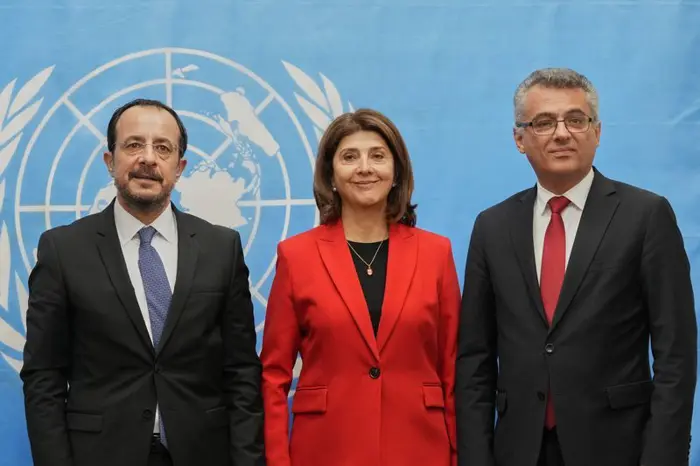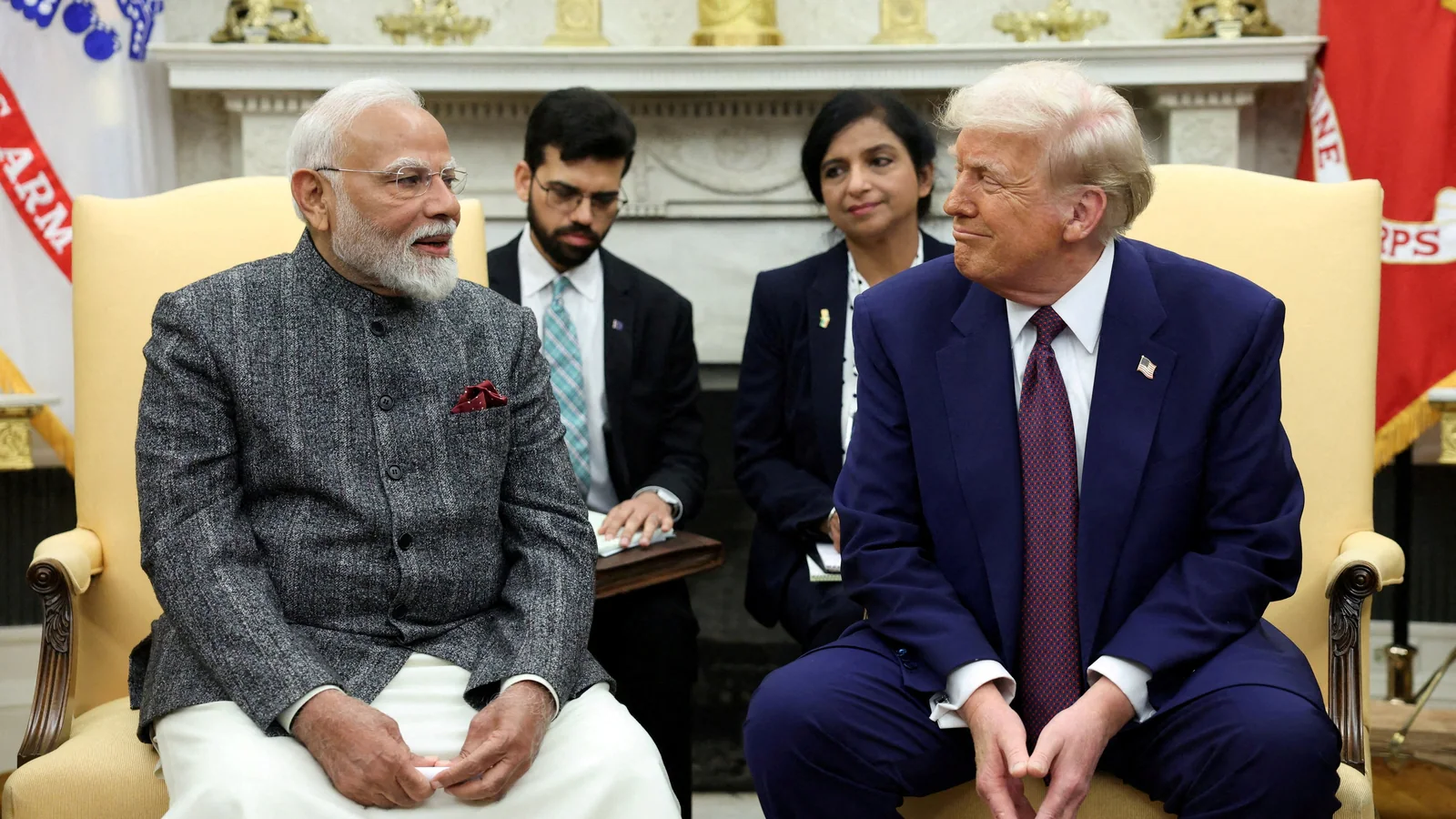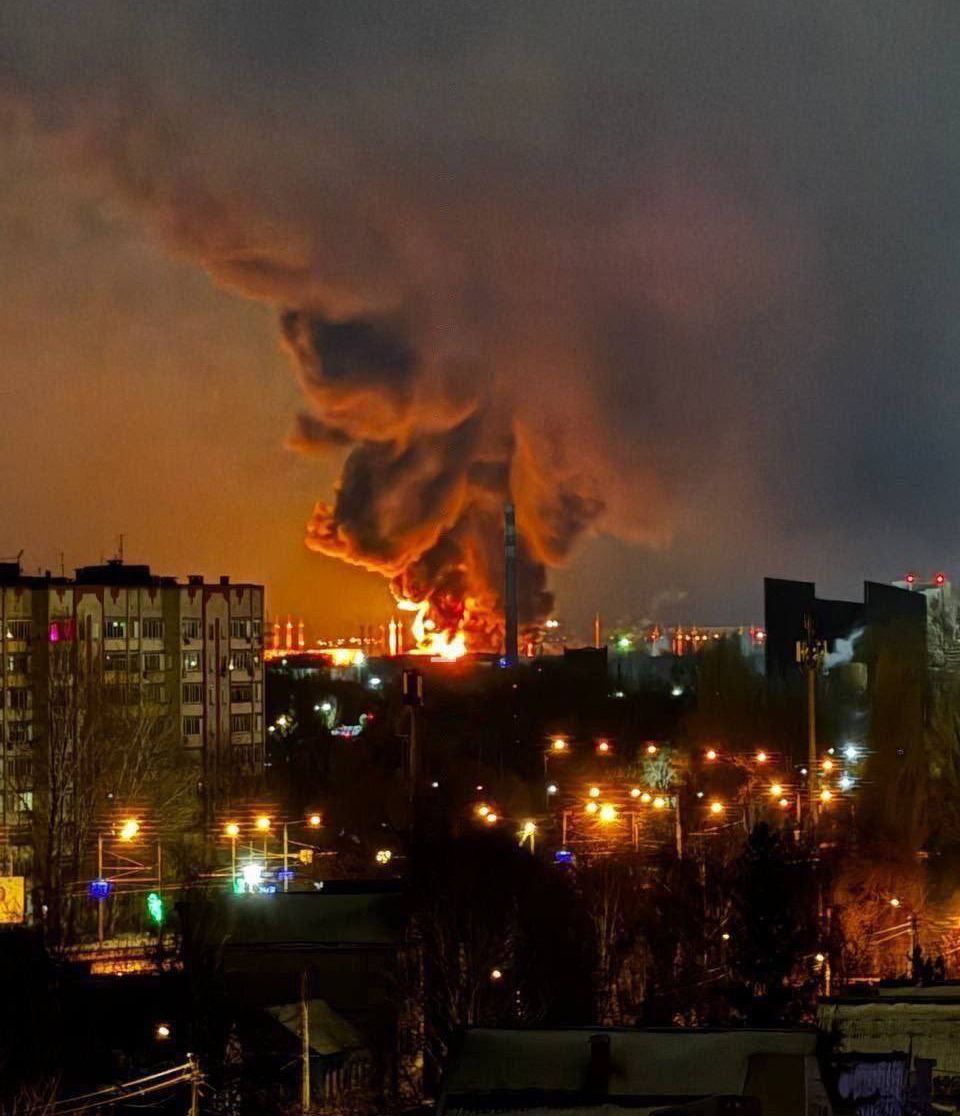Iraq is set to hold its parliamentary elections on November 11 — a vote that carries weight far beyond its borders. With shifting alliances and regional power struggles reshaping the Middle East, political analysts say this election could redefine the balance of influence between Iran and the United States inside Iraq.
For Iran, Iraq has long been a strategic anchor in the region, especially after the 2003 US-led invasion that toppled Saddam Hussein. But recent events — including intense losses suffered by Iran-backed groups during the Gaza conflict, Israeli strikes on Iranian targets, and the fall of key ally Bashar al-Assad in Syria — have weakened Tehran’s regional stance. Now, observers say Iran will be closely watching Iraq’s vote as it seeks to preserve its grip through loyal Shiite political factions and allied armed groups.
“Iran’s influence remains strong as long as its partners hold power in Baghdad,” said political expert Ihsan al-Shammari.
Still, analysts note that Iran’s authority has been challenged. “Tehran is no longer able to dictate terms like before,” said Munqith Dagher, but emphasized that Iran will still work to influence the outcome.
Meanwhile, the US is making its own moves. Washington continues to maintain roughly 2,500 troops in Iraq and has tightened sanctions against individuals linked to Iran-backed networks. American officials have made clear they expect Iraq’s next government to curb Tehran’s reach.
The race will also be shaped by internal tensions. Influential cleric Moqtada Sadr, whose bloc won the most seats in 2021, is boycotting what he calls a flawed process run by sectarian interests. Many Iraqis share skepticism: think tank Chatham House predicts voter participation could drop to its lowest level since 2003, as citizens increasingly feel elections change little about daily governance.
More than 21 million eligible voters will choose 329 parliament members, paving the way for the selection of a new president and prime minister — roles traditionally divided by sect along Iraq’s delicate political balance. Nearly 7,700 candidates are running, including a record share of women under the country’s gender quota.
As the world watches, Iraq stands once again at a crossroads — striving to assert its sovereignty while navigating the competing ambitions of powerful allies and neighbors.
In the end, beyond geopolitics and power struggles, this election is about people — everyday Iraqis hoping for stability, dignity, and a future where their voices truly matter. The world may strategize over Iraq, but it is the citizens who carry the hope and burden of change.




